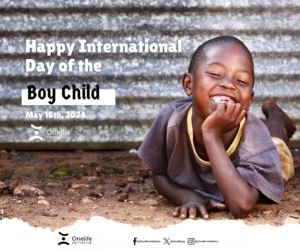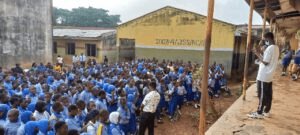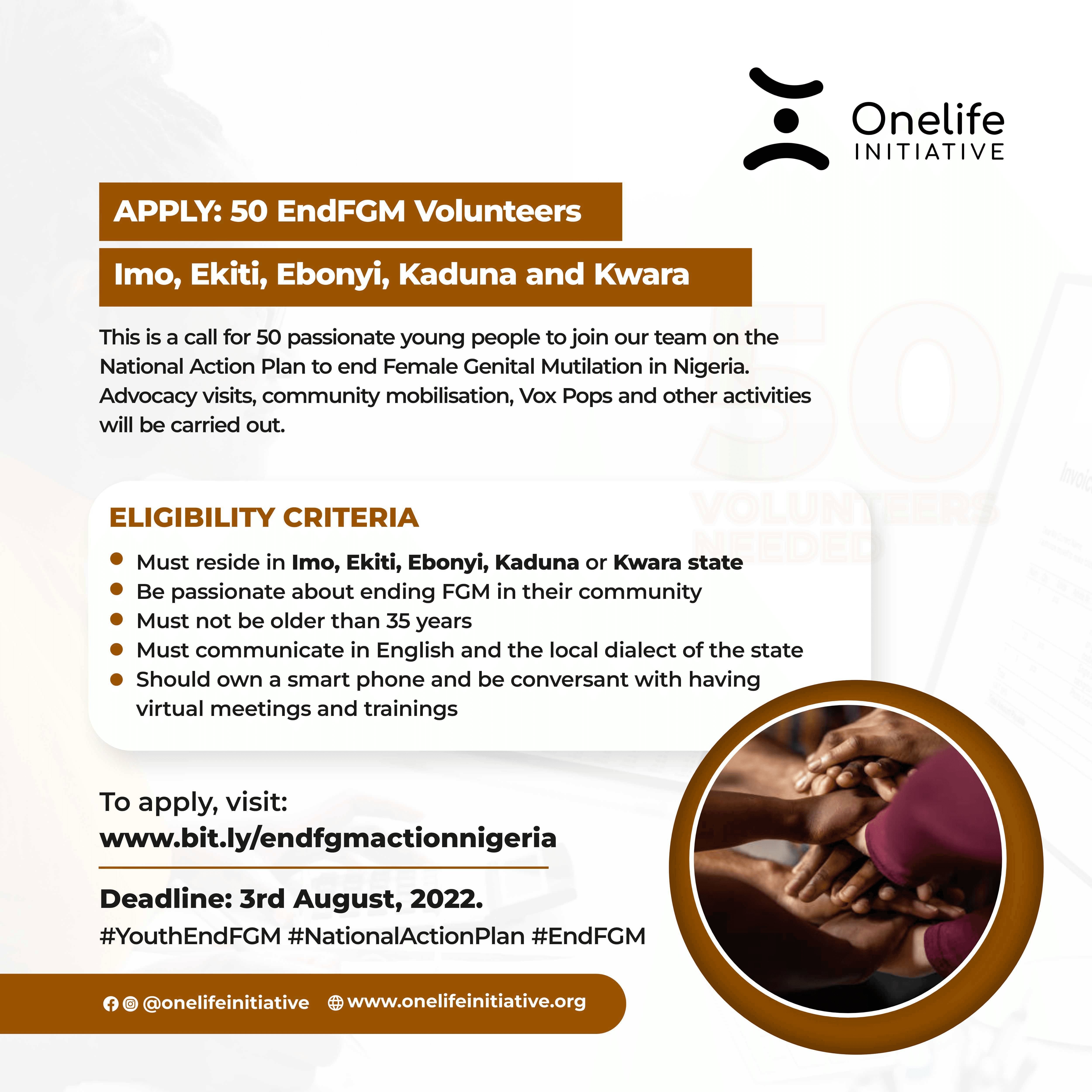The Multi-Faceted Aspects of Female Genital Mutilation: A Call for Multi-Dimensional Intervention Approach
Female Genital Mutilation, I heard about this menace having chosen the path of public health. The reality of the situation did not really come to me when it was mentioned as a risky practice in class, little did I know of the high prevalence in my society. Few weeks later, I came across the “frown against FGM challenge”; this made me take a closer look because of the attention on the practice. Afterwards I discovered the health implications of this inhumane act. I did participate in the frown challenge and was further enlightened about the types, reasons for continuous perpetration even though it has been outlawed in Nigeria. I knew there was more to be done than frowning, advocating and speaking against the act is important. On completion of my studies, I started working with an Organisation (Onelife Initiative for Human Development) as the Programs Officer (Sexual and Reproductive Health and Right). Here I got exposed to more knowledge and the realities of Female Genital Mutilation. I heard true life stories of people who have been mutilated and several consequences that came with it. I also encountered the challenges faced on the field while working towards ending FGM.
FGM is so embedded in the societal values and culture that some of those mutilated do not see it as a harmful practice, these same group believe that people who die from FGM are destined to die. It was shocking to me to hear a mother say “I do not see any disadvantage in FGM since my daughters and I were mutilated”. During one of our radio interviews, written words came alive as a listener called from Iseyin, Oyo State informing the team that their children will be mutilated because they don’t want them to be promiscuous. A mother also called to complain that she thinks the reason behind her daughters’ itchy genitals was because she was not mutilated. Another woman mentioned that the only effect they believe FGM causes is reduction in sexual pleasure which she does not see as negative effect. I encountered a father who believes FGM is supported by his religion (Islam) and has no harm in it.
It was even more surprising to hear people in some communities say the number of those who died as a result of FGM cannot be compared with those who are alive; attributing the blame to the expertise of the circumcisers. There is a dearth in knowledge when it comes to physical, emotional and the psychological consequences of FGM. Many of the survivors do not associate the complications with FGM thinking it was the ‘will of God’ or mistake from the circumciser. The legal aspect of FGM is essential, however, based on the fact that the practice is embedded in culture and religion, more has to done. With this multi-faceted aspect of the practice, a multi-directional approach is required in the fight to end FGM.
There are legal documents but they have not been effectively exerted because the perpetrators of this act are actually close relations such as father, mother, grandmother and others. It is rare to hear a daughter sue her mother to court or a wife handover her husband to the law to be jailed because he is trying to “circumcise” his daughter, knowing fully well that he is the main provider of the house. Some of the law enforcement agency authorities even believe in the perpetration of the act which makes it more difficult to end. I believe ending FGM is a behavioural change that has to be rooted in the minds of the people. We have to work with community leaders, religious leaders, health care providers and other stakeholders to effectively end the practice.
Flipping to the other side of the coin, I have met with survivors who now have a good knowledge of FGM and have been able to relate their story to its negative complications. These women now work on championing ending the practice so as to protect the coming generation from what they went through. I believe working at the grass-root level in the community to bring up more community activists will go a long way in raising awareness and knowledge about the negative consequences of the act.
I see the Saleema Youth Victorious Ambassador as a platform to speak to a larger audience on the realities of FGM in my society and in my country at large. It will pave way for me to work together with other individuals and organisations currently working in the sector so as to amplify the effects of advocacies and other activities done. I am currently working on the platform given to me by Onelife Initiative to advocate on ending FGM by engaging with several audiences in rural and urban areas. This opportunity will indeed amplify my voice in speaking against this act in the confines of do-no-harm rule which binds all project activities in the public space.



